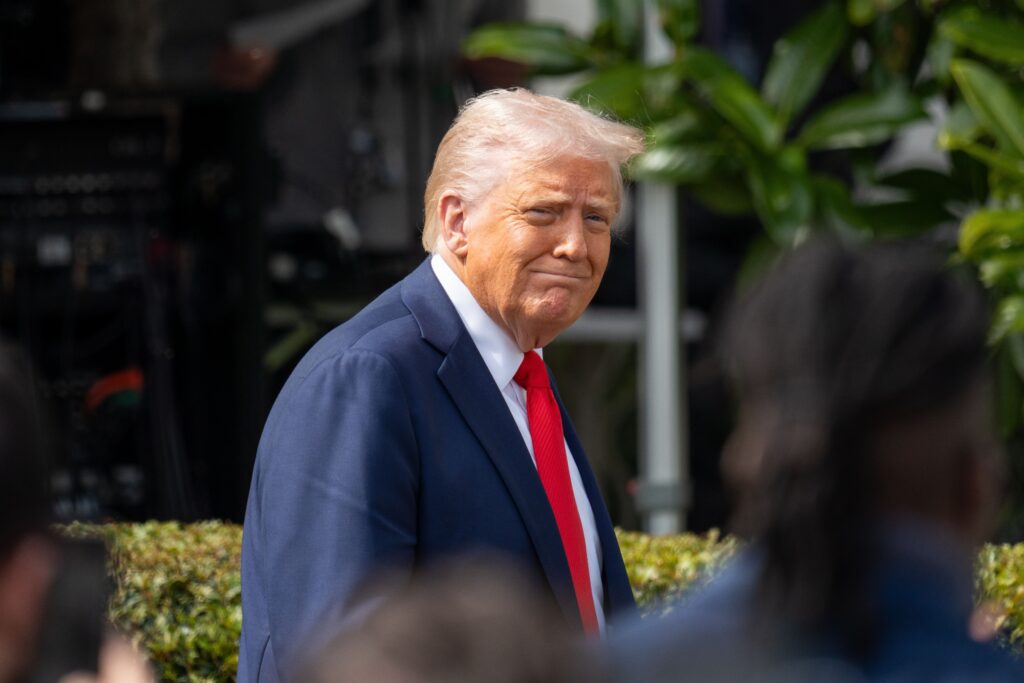Donald Trump has once again threatened a 100% tariff on all films made outside the United States. He claimed America’s film industry had been “stolen” by other nations.
California in Trump’s spotlight
On Monday, Trump argued California suffered most from the current situation. He said the levy would “solve this long time, never ending problem”. In May, he revealed plans to meet Hollywood executives. Then, he warned that America’s film business was dying “a very fast death”.
New tariffs already rolling out
Trump’s threat followed the launch of other tariffs. These included a 100% levy on branded or patented drug imports and 50% tariffs on kitchen and bathroom cabinets. On Truth Social, he wrote that America’s movie industry had been taken “like stealing candy from a baby”. He also accused California’s governor of weakness and incompetence.
No timeline or details
Trump vowed to apply the 100% tariff to “any and all movies made outside of the United States”. He gave no start date for the measure. The White House has not commented. It remains unclear whether the tariff would apply to films on streaming platforms like Netflix. No explanation has been offered on how the levy would be calculated.
Canada warns of fallout
The Canadian Chamber of Commerce voiced strong concern. It noted that US studios depend on Canadian facilities, crews, and talent. Catherine Fortin-LeFaivre, senior vice president for international policy, said the tariffs would punish American studios. She warned they would raise costs, stifle investment, and harm both economies. She added that thousands of middle-class jobs could be put at risk.
Experts highlight problems
Investment analyst Dan Coatsworth of AJ Bell doubted the plan’s practicality. He said tariffs normally apply to goods, not creative projects. He pointed out that filmmakers often choose foreign locations for tax incentives. He argued the threat “raises more questions than it does answers”. Coatsworth explained that defining an American-made film is complex when funding and talent come from abroad. He warned the levy could raise production costs and hurt demand for cinemas and streaming platforms. Yet he said investors remained calm. Netflix and Disney shares fell briefly before rebounding.
Film spending shifts abroad
Several recent US studio hits, including Deadpool & Wolverine, Wicked, and Gladiator II, were shot outside America. Research firm ProdPro said the US remains central in global production. Last year, it recorded $14.54 billion in spending, down 26% from 2022. Australia, New Zealand, Canada, and the UK attracted more production investment since 2022.
Britain awaits US decision
Officials in London are monitoring the situation. They want to understand how the tariff could affect British studios. A Department for Business & Trade spokesperson said the UK film sector employs millions and generates billions for the economy.
Trump broadens tariff fight
On Monday, Trump also introduced tariffs on furniture and timber. He set a 10% levy on softwood timber and lumber and 25% tariffs on kitchen cabinets, vanities, and upholstered wooden furniture. Earlier that day, he teased the move on Truth Social. He promised “substantial tariffs on any country that does not make its furniture in the United States”. A presidential proclamation confirmed the tariffs will begin on 14 October. Some will rise further next year if no trade deals are struck. These moves came days after his pledge of 100% tariffs on branded or patented drug imports unless factories are built in the US.


